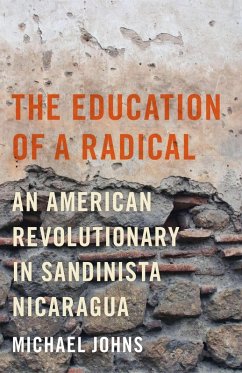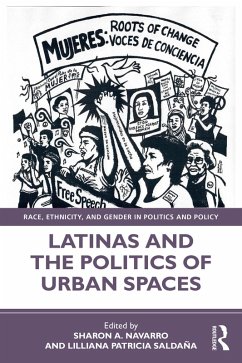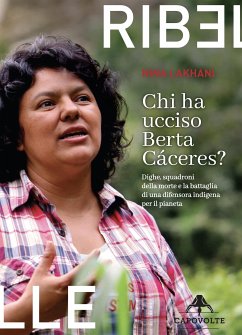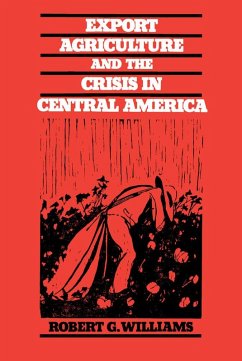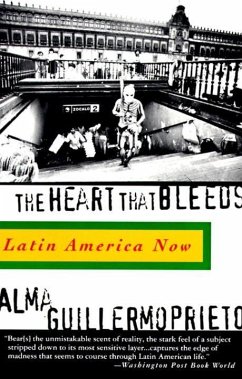
The Quality of Democracy (eBook, ePUB)
Theory and Applications
Redaktion: O'Donnell, Guillermo; Iazzetta, Osvaldo M.; Cullell, Jorge Vargas
Versandkostenfrei!
Sofort per Download lieferbar
20,95 €
inkl. MwSt.
Weitere Ausgaben:

PAYBACK Punkte
10 °P sammeln!
In 1996, Guillermo O'Donnell taught a seminar at the University of Notre Dame on democratic theory. One of the questions explored in this class was whether it is possible to define and determine the "quality" of democracy. Jorge Vargas Cullell, a student in this course, returned to his native country of Costa Rica, formed a small research team, and secured funding for undertaking a "citizen audit" of the quality of democracy in Costa Rica. This pathbreaking volume contains O'Donnell's qualitative theoretical study of the quality of democracy and Vargas Cullell's description and analysis of the...
In 1996, Guillermo O'Donnell taught a seminar at the University of Notre Dame on democratic theory. One of the questions explored in this class was whether it is possible to define and determine the "quality" of democracy. Jorge Vargas Cullell, a student in this course, returned to his native country of Costa Rica, formed a small research team, and secured funding for undertaking a "citizen audit" of the quality of democracy in Costa Rica. This pathbreaking volume contains O'Donnell's qualitative theoretical study of the quality of democracy and Vargas Cullell's description and analysis of the empirical data he gathered on the quality of democracy in Costa Rica. It also includes twelve short, scholarly reflections on the O'Donnell and Cullell essays.
The primary goal of this collection is to present the rationale and methodology for implementing a citizen audit of democracy. This book is an expression of a growing concern among policy experts and academics that the recent emergence of numerous democratic regimes, particularly in Latin America, cannot conceal the sobering fact that the efficacy and impact of these new governments vary widely. These variations, which range from acceptable to dismal, have serious consequences for the people of Latin America, many of whom have received few if any benefits from democratization. Attempts to gauge the quality of particular democracies are therefore not only fascinating intellectual exercises but may also be useful practical guides for improving both old and new democracies.
This book will make important strides in addressing the increasing practical and academic concerns about the quality of democracy. It will be required reading for political scientists, policy analysts, and Latin Americanists.
The primary goal of this collection is to present the rationale and methodology for implementing a citizen audit of democracy. This book is an expression of a growing concern among policy experts and academics that the recent emergence of numerous democratic regimes, particularly in Latin America, cannot conceal the sobering fact that the efficacy and impact of these new governments vary widely. These variations, which range from acceptable to dismal, have serious consequences for the people of Latin America, many of whom have received few if any benefits from democratization. Attempts to gauge the quality of particular democracies are therefore not only fascinating intellectual exercises but may also be useful practical guides for improving both old and new democracies.
This book will make important strides in addressing the increasing practical and academic concerns about the quality of democracy. It will be required reading for political scientists, policy analysts, and Latin Americanists.
Dieser Download kann aus rechtlichen Gründen nur mit Rechnungsadresse in A, D ausgeliefert werden.






